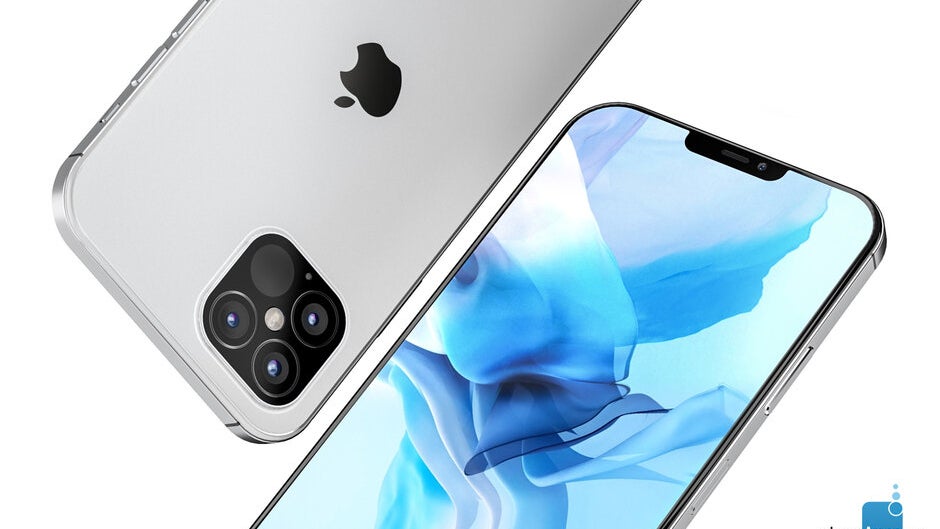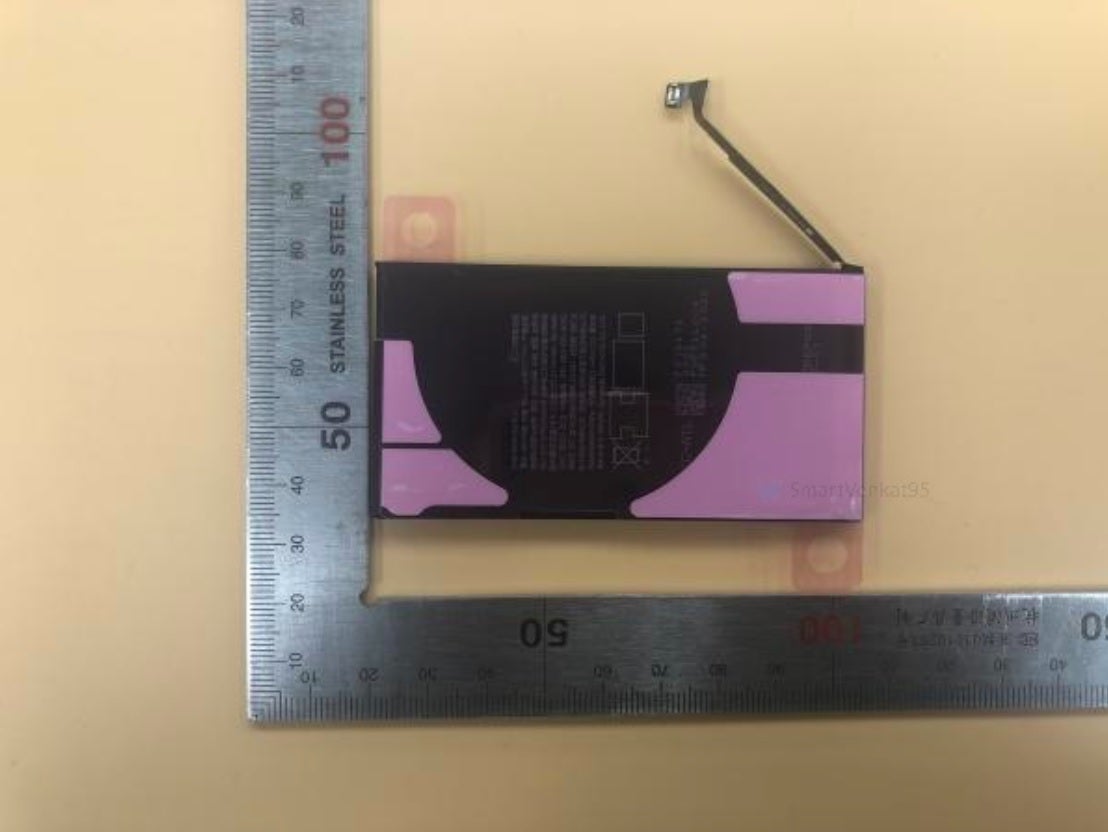Latest rumors for 5G Apple iPhone 12 series: November release, decline in battery capacities, more

A report published by Digitimes (via MacRumors) contradicts more recent reports over the 5G connectivity that will be found on the 2020 Apple iPhone 12 series. The most recent rumor called for the standard 5.4-inch iPhone 12 and 6.1-inch iPhone 12 Max to support sub-6GHz 5G signals. This spectrum travels farther than higher-band airwaves do and penetrate structures better. But they deliver slower download data speeds than the mmWave spectrum. The "Pro" variants of the upcoming new iPhone models, the 6.1-inch iPhone 12 Pro and the 6.7-inch iPhone 12 Pro Max, are reportedly going to work with both sub-6GHz and the fast mmWave 5G signals.
Apple might change the 5G capabilities for the iPhone 13 in 2021
However, Digitimes claims that all four 2020 models will support both sub-6GHz and mmWave 5G spectrum which makes sense since U.S. carriers are not unanimously using the same 5G spectrum. Verizon, for example, is building its 5G network around mmWave spectrum which means that it doesn't have a large 5G service area. T-Mobile's nationwide 5G network uses 600MHz spectrum so it is available in most of the country; the point is, if Apple wants the nation's largest wireless provider to sell a ton of iPhone 12 and iPhone 12 Max models, it will need to to have those devices work on both types of 5G networks.

Photo allegedly showing the 2775mAh battery expected to power the iPhone 12 Max and iPhone 12 Pro
But here is where the story gets strange. The report claims that next year's iPhone 13 family could take a step backward as some of the models will come with support for only sub-6GHz 5G or mmWave 5G but not both. Or as Digitimes says, "Apple's 2020 series of iPhones will work on both sub-6GHz and millimeter wave 5G networks, and the vendor is considering introducing its iPhones supporting either mmWave or sub-6GHz for specific markets next year, according to industry sources in Taiwan." The models with limited 5G support would be sold in those markets where one of the two 5G spectrum options is used more than the other. Some markets won't have support for mmWave 5G and iPhone 13 units sold in those areas would include only sub-6GHz support which could drop the price a bit. Apple could disable 5G completely in countries where the next generation of wireless connectivity is not available. This could be accomplished by disabling part of the hardware on models supporting just one of the two 5G spectrum options, or by using different hardware altogether on these models.
Some more information about the iPhone 12 was leaked today by Japan's Macotakara. The latter says that it now expects Apple to unveil the 2020 5G iPhones in the latter half of October. This would be followed by the release of the new models in November. But there are some parts of the report that are off-kilter. One part mentions a 4G-LTE only variant of the iPhone that would be released in the middle of October. However, there haven't been any signs that such a device will be offered by Apple.
Lastly, the latest leak involving the battery capacities for the 2020 iPhone models was disseminated by a tipster on Twitter. Based on a filing made in Korea through the country's SafetyKorea agency, one of the new upcoming models will be equipped with a 2775mAh capacity battery. That would mean that at least one of the 2020 iPhones will be powered by a battery with a capacity similar to the 2658mAh used on 2018's iPhone XS or the 2942mAh capacity battery used on the iPhone XR. Last year Apple bumped up the battery life on the iPhone 11 series and many expected another decent hike this year especially with the new models having power-hungry 5G connectivity.
There does seem to be some truth to the tweet, however. Last week a separate leak about the battery capacities expected for the upcoming iPhones showed a 2775mAh battery capacity for the iPhone 12 Max and the iPhone 12 Pro. This would be very disappointing since many users have been raving about the 3969mAh battery on the iPhone 11 Pro Max. We know that the 5nm process that will be used to manufacture the A14 Bionic chipset brings improvement to energy consumption but it might be asking too much from the chip to make up a 9%-10% drop in battery capacity.
Follow us on Google News













Things that are NOT allowed:
To help keep our community safe and free from spam, we apply temporary limits to newly created accounts: